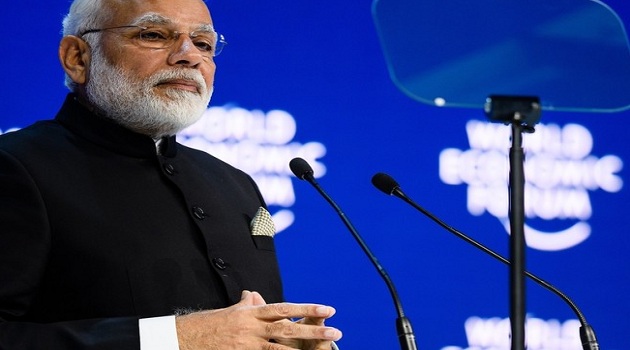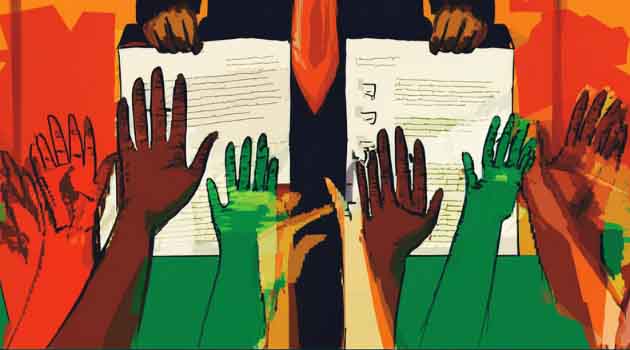India today is in a state that needs a change necessitated by the time – and the change India needs is in the space of Data.
Historically speaking, India has been ruled by invaders who plundered its wealth, ruined the economy, and changed the countrymen into just about bonded labourers.
The last in the series was the British who came in the pretext of doing business with India in AD 1700 and by the time the British left India in 1947, Indians had started living under poverty.
India is on similar path
If India was known for its spices, cotton and diamond wealth in 1700 when the British began conquering princely states one after another, India today is a global leader in Data – of Data Generation and Data Processing.
That’s bringing in a lot of global companies and global leaders to New Delhi. To be precise, if there is a swarm of global leaders prostrating before India today, it is to be attributed to one single factor – Data.
Everyone wants Data. Individuals want others’ Data. Companies want other companies’ Data, citizens’ Data, governments’ Data. Countries want other countries’ Data, large corporations’ Data, civil groups’ Data.
It’s a crazy world out there fighting for a share in the Data pie – from individuals to corporations to nation states. The reason is just that the next world order will almost be decided on the power of Data.
As Prime Minister Narendra Modi reflected in the World Economic Forum this year, ‘the one who controls Data will be the (next) world leader.’

This calls for ample policies to control one’s own Data, if not reaching out to another’s Data. If there is a second country after the US that has understood this early on and started working on in that direction, it is China.
China has been acting on this space in a very well designed manner since early this century. Therefore, China today has a hard grip on Data – anything to do with Data in its territory.
Narendra Modi, Prime Minister, India: “Today, Data is the biggest asset. The biggest opportunities are being created by the global flow of data, and the biggest challenges too. Mountains of data are accumulating and there is a race to take control of them. Because, it is being speculated that the one who control the data will control the world.”
China does not allow in its territory global biggies which mine and monetize Data such as Google, Facebook, Instagram and most of the US based social media companies.
China banned them, and instead, allowed its local clones to mushroom and thrive, thereby creating a homegrown Social Media ecosystem.
Chinese restrictions are not just over personal data collection, but covers ‘all critical information infrastructure’, a phrase used for anything and everything on Data.
Data once gone, is gone forever
What is the sovereign imperative for a country in allowing foreign companies to loot its citizens’ off their data and allow them to monetize with little or very little value addition?
It is a repeat of colonial fortune hunters who have gone on expeditions for spices, cotton, coal, gold, diamond and oil over the last many centuries.
It is not just China that is getting tough on Data with the new age clones of these fortune hunters, it’s Russia, Germany, Australia, Brazil, and even smaller African countries like Nigeria.
You may like reading ‘Has data become world’s most valuable resource?‘
Excerpts: Data is getting generated as you speak, as you write, as you shop, as you socialize (online and offline) and as you work. It can be in the form of text, image, audio, video or even coded languages. Click here to read more.
The much publicized European General Data Protection Regulation (GDPR) restricts movement of Data to another country unless European Union certifies the country as having same level of Data protection standards as EU.
Only 12 countries have so far been approved for sharing of Data by EU. Even Data sharing with the US is being limited to the privacy shield framework over there.
Therefore, the Indian policy makers should be really worried about allowing movement of data out of India and permitting foreign companies to make profit out of Indian citizens’ Data under the proposed Personal Data Protection Act (PDPA).











